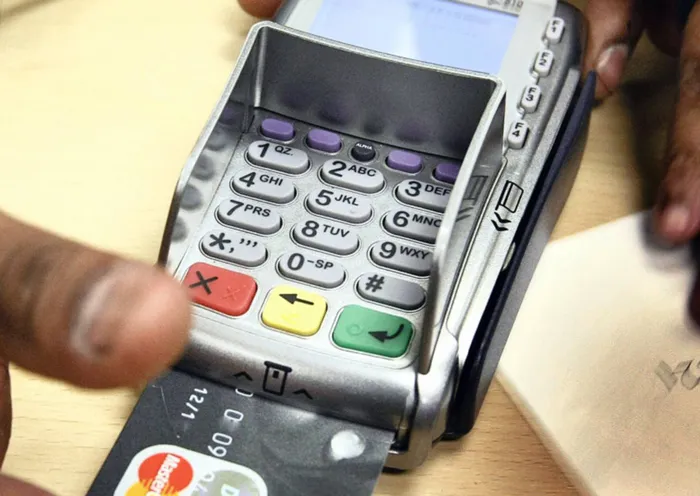Smart shopping on Black Friday: How to avoid debt traps

As Black Friday approaches, financial experts urge South Africans to shop wisely and avoid the pitfalls of credit-fuelled spending.
Image: Independent Newspapers Archives
Financial experts are cautioning South Africans to think carefully before joining the Black Friday rush on November 28, warning that impulsive, credit-fuelled shopping could leave households battling long-term debt well into 2026.
Economists and debt counsellors say while seasonal discounts can offer much-needed relief amid rising living costs, many consumers rely on credit to fund their purchases, a habit that often leads to missed repayments and what has become known as “Debt December” and “Januworry.”
Neil Roets, CEO of Debt Rescue, said the event has become a double-edged sword. “Black Friday has the potential to offer real relief for many South Africans who are feeling the pressure of rising living costs,” he said.
“At Debt Rescue, we understand that many families use these specials to stock up on groceries and essentials, especially after a year of financial strain. My concern is that when these purchases are made on credit, it can create added pressure in the new year, now referred to as Januworry.”
NOW READ:
Black Friday scam warning after consumer in search for discounted flights loses R120 000
Roets said that repayments often clash with other expenses early in the year. “We’ve seen how repayments that begin in January can quickly become overwhelming when household budgets are already stretched, especially with school expenses,” he said. “Breaking the cycle of festive season overspending comes down to planning and discipline, setting clear budgets, comparing prices, and avoiding impulse purchases.”
Benay Sager, Executive Head of DebtBusters, said impulsive, credit-driven spending during events like Black Friday often has lasting consequences. “Black Friday has become a real thing in South Africa in the last five or six years. It’s got us to spend more money towards the end of the year, and as a result, to dip more into credit,” he said.
“What we see typically is that it comes with the need to borrow at the end of the year to make up for these purchases. Unfortunately, payments are often missed in December or January, and in our experience, if a payment is missed during this period, it generally takes people about two years to recover.”
Sager added that a simple financial check can help consumers gauge whether they are in trouble. “If you are spending more than 30% of your take-home pay on debt repayments, you’re spending too much,” he said. “If you have to borrow to pay for gifts, then you shouldn’t have gifts. It’s probably as simple as that.”
Economist Professor Waldo Krugell said overspending on credit poses broader risks to already fragile household finances. “At the macro level, the economy is just getting by. Economic growth and job creation have stagnated,” he said. “None of us are likely to be bailed out by bonuses, promotions, or significant interest rate decreases or tax cuts. Significant Black Friday spending on credit could land you in trouble.”
The National Financial Ombud (NFO) has also warned of a seasonal rise in digital fraud and urged shoppers to remain alert to scams involving fake retailers and phishing links.
Practical Tips for Managing Black Friday Spending
- Set a Budget: Determine how much you can afford to spend without relying on credit.
- Make a Shopping List: Stick to essentials and avoid impulse buys.
- Compare Prices: Research prices before the event to ensure you are getting the best deals.
- Avoid Credit: If possible, use cash or debit cards to prevent overspending.
- Plan for Repayments: Consider how your purchases will affect your budget in January and February.
Related Topics: